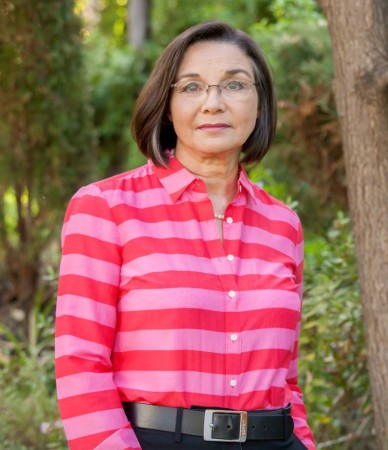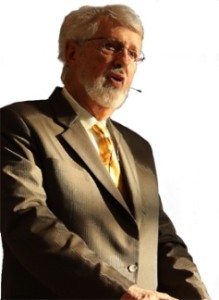 Kate Swaffer, co-founder, editor, and Chair of Dementia Alliance International (DAI) lives beyond dementia in Australia.
Kate Swaffer, co-founder, editor, and Chair of Dementia Alliance International (DAI) lives beyond dementia in Australia.
Despite her first 18 months of sadness, which could have led to depression, she has made major strides toward regaining her life and then helping others do the same. At age 49 and at the height of her career, Kate was diagnosed with a form of younger onset dementia.
Instead of giving in to the commonly proposed care plan (give up a pre-diagnosis life, get your end-of-life affairs in order, and get acquainted with aged care), she began writing. An optimist, she steered clear of the path leading toward PLOM disease (Poor Little Old Me).
She writes, “Living beyond dementia is now my preferred term to support anyone who has been diagnosed with dementia, as a way of helping them to think about the possibility of living more positively with dementia.”
She launched the Living Beyond Dementia blog during World Alzheimer’s Month this September in which she initially writes about the challenges of earlier terms such as “living well with dementia.” Although considered a positive and uplifting phrase, it may pressure those who struggle with their diagnosis that they’re not doing enough.
Those who live with dementia discussed the impact of these different terms before agreeing on “living beyond dementia.” One of the people posted the following comment to Kate Swaffer’s article on Living Beyond Dementia: “Living ‘beyond’ correctly acknowledges the opening up of new and unexpected experiences and opportunities for growth that comes over time with living positively with dementia”
The late Richard Taylor PhD, co-founder of DAI, was also diagnosed at a younger age with probable Alzheimer’s. A psychologist, he was the voice of reason while living with dementia. He said, “You are not any closer to death than you were the day before you were diagnosed.” His common-sense views include, “We are going to die most likely because of dementia, but guess what, all the rest of you are going to die too.”
In an article last year, John Sandblom, another co-founder and the current Treasurer of DAI, wrote, “We are just changing in ways the rest of you aren’t. We have increasing disabilities and the sooner it is looked at that way instead of the stigmas, misunderstandings and complete lies, the better for all of us living with dementia. We desperately need others to enable us, not further disable us!”
Inspired by comments like these Kate and fellow DAI spokespersons advocate for programs and policies that support people with dementia in living as independently as possible, for as long as they can. She writes in an email, “Yes, we have been diagnosed with a terminal, progressive illness, but there is no reason to die upon diagnosis.”
Kate’s first book What the hell happened to my brain?” Living beyond dementia is planned for release this December.









Great post Brenda! What a fantastic reminder that even though our loved ones may have a worsening illness or disease they can still have a vibrant life that we can share with them.
Thank YOU. And Yes… after all our nature is to survive and thrive!